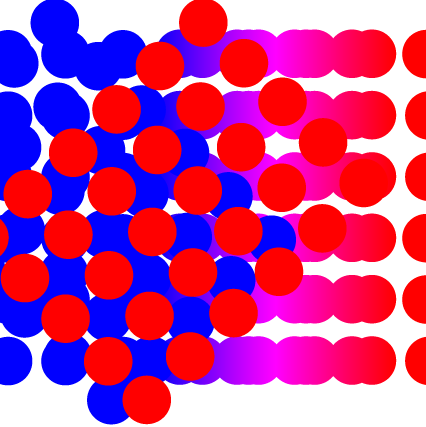
Against the backdrop of the notion of disruption, this article scrutinises cur-rent concepts of discursive events and places them in relation to one another. The disrup-tive events derived from this are understood as a subcategory of discursive event. Using the example of the feminist abortion discourse and by analysing practices of contradiction, it is determined to which extent feminist actors construct the judgements of the Federal Constitutional Court of 1975 and 1993 as disruptive events.
In Meier-Vieracker, Simon, Silvia Bonacchi, Hanna Acke, Mark Dang-Anh & Ingo H. Warnke (eds.). 2025. Discourses in/of Disruption (Diskurs – interdisziplinär 12), 25-38. Online-Only Publikationen des Leibniz-Instituts für Deutsche Sprache.
ebook
DOI: 10.21248/idsopen.9.2025.42